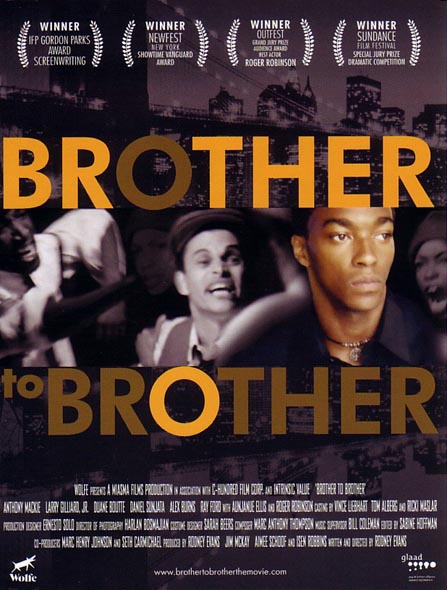1. With the help of essays like “A Question of Class” by Dorothy Allison and “Gender, Class, and Terrorism” by Michael S. Kimmel, my students and I have been thinking about class quite a bit this semester. To borrow a phrase from bell hooks, if anything is true, we are desperately trying to figure out where we stand: the pink slips, the credit card bills, the student loans, the knock-off designer purses. But – I have to ask – what about the poetry?
2. In “Where We Stand: Class Matters” bell hooks argues that, unlike race and gender, we don’t have a vocabulary for class. Most Americans refer to themselves as “middle class” while statistics show that most us aren’t “middle class” by a long shot. The language of class seems to be hyperbolic at best. Sure, we can name what it means to be exorbitantly wealthy or extremely poor, but where are the words to describe the rest of us?
3. If I accept the idea that poetry emphasizes creative and innovative use of language; that poetry allows us to name what, previously, was beyond the grasp of words, how can I not think about class? How can I not think about the potential of poetry to help us feel our way through these uncertain times?
4. As we continue to search for subject matter worth putting into words, perhaps it’s well past time that we, as poets, contributed to the conversation about class in America. It’s not only a matter of writing poems that examine, depict, and voice economic struggle. It’s about mining our libraries for work that already does so. Think of Walt Whitman’s apostrophe to a prostitute. Think of Langston Hughes’s poems about landlords and tenants. Think of Carl Sandburg’s Chicago.
5. Who among us will write poems for Gary, Indiana? Who among us will write poems for Detroit, Michigan? Who among us will write poems for Newark, New Jersey?
6. As we continue to decry the lack of an audience for poetry, the lack of interest in what we do as creative writers, perhaps the poetics of class offers us a responsibility, but also an opportunity to make our work relevant again (whatever THAT means).
7. Praise to all of you already writing these poems. Praise to all of you already reading them.



